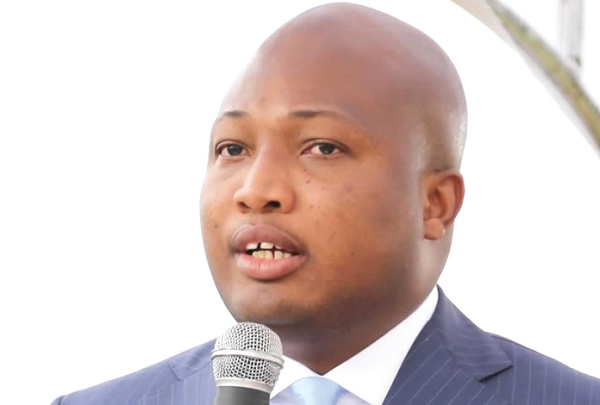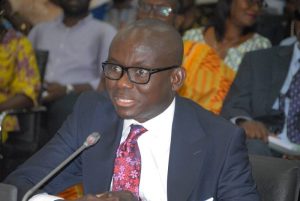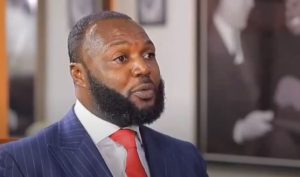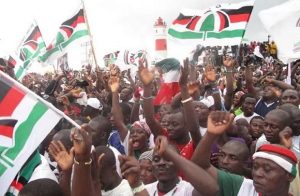The MP for North Tongu, Samuel Okudzeto Ablakwa, has asked government to scrap the Electronic Transfer Levy (e-levy) following the decision to engage the International Monetary Fund (IMF) for economic support.
In a tweet, the legislator contended that government gave Ghana two options: to implement the e-levy or resort to an IMF programme. Therefore, government should scrap the e-levy if it has decided to go to the IMF.
“You gave Ghanaians two options: E-Levy or IMF. Having opted for the IMF, any honest government will scrap the unconstitutional and repugnant E-Levy immediately,” he stated.
He also stated that “perhaps the only positive outcome of an IMF bailout is that they wouldn’t allow Prez Akufo-Addo to obstinately continue with his insensitive, wasteful, oligarchic €20,000 an hour chartered luxury jet travels which have cost the suffering taxpayer over GHS34million in 13 months.”
A statement signed by the Information Minister, Kojo Oppong Nkrumah, and dated July 1, 2022, indicated that there had already been a conversation between the IMF boss, Kristalina Georgieva and President Akufo-Addo. conveying government’s decision to engage the Fund.
“The President of the Republic, Nana Addo-Dankwa Akufo-Addo, has authorized Finance Minister, Ken Ofori-Atta, to commence formal engagements with the International Monetary Fund (IMF), inviting the Fund to support an economic programme put together by the Government of Ghana.”
Cabinet at a meeting on June 30, 2022, supported government’s decision to pursue an economic programme from the Fund.
The engagement with the IMF, the statement pointed out, will seek to provide a balance of payment support as part of a broader effort to quicken Ghana’s build back in the face of challenges induced by the COVID-19 pandemic and, recently, the Russian-Ukraine crisis.







